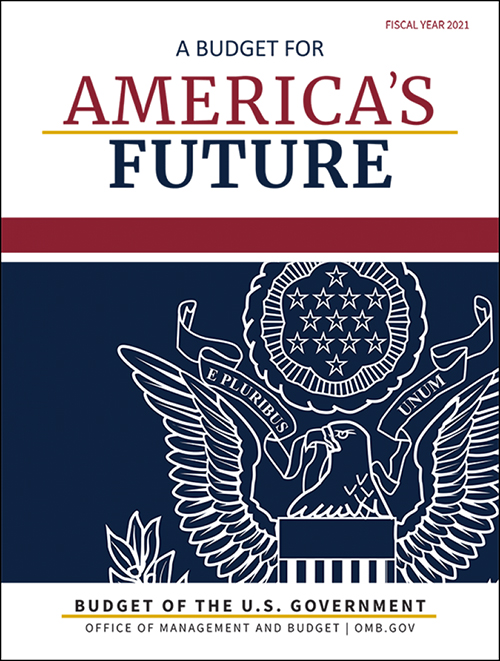On the President's Budget Request for FY 2021

Megan Donahue Michigan State Univ.
 The US President’s Budget Request for Fiscal Year 2021 was released on Monday, 3 February. If you have not yet had a chance to look at it, here are several articles that summarize its impact on the science agencies:
The US President’s Budget Request for Fiscal Year 2021 was released on Monday, 3 February. If you have not yet had a chance to look at it, here are several articles that summarize its impact on the science agencies:
- American Institute of Physics (AIP): "Trump Seeks Familiar Science Cuts, Favors ‘Future’ Industries"
- American Association for the Advancement of Science (AAAS): "Latest White House Budget Features A Few Big Research Priorities Amid Ranging Reductions"
- Association of American Universities (AAU): "AAU Summary of the President's FY21 Proposed Budget"
While many programs at NASA, the National Science Foundation (NSF), and the Department of Energy (DOE) continue to receive funding and there are actually a few highlights, I was disappointed that the Administration’s request for these agencies falls far short of supporting a number of our community’s decadal survey priorities.
The budget includes serious cuts to NASA’s science program, to NSF’s research account, and to DOE’s High Energy Physics program. For example, the Wide Field Infrared Survey Telescope (WFIRST) is zeroed out again in the NASA request, and I have been told that there is only technology development funding for new astrophysics flagships in the future-year projections of this budget request, even after the launch of the James Webb Space Telescope (JWST).
As the budget action now moves to Capitol Hill, I look forward to working with other stakeholders in our community to encourage the House and Senate appropriations committees to keep our discipline on the positive trajectory that Congress has provided in recent years, despite cuts in the President's requests. AIP's budget tracker does an excellent job visualizing the difference between past years' Presidential budget requests and the final budgets enacted by Congress. The appropriations committees will be operating under very tight constraints, as total funding available in FY21 is only slightly above what was available in FY20, so we need to continue making a compelling case for our science amongst all the other worthy competing priorities.
The AAS, particularly its public policy staff and the Committee on Astronomy and Public Policy (CAPP), are working constantly to maintain conversations and relationships with Congressional staffers and others who can make a difference in the appropriations process. I encourage the AAS membership to be active participants in the process, including responding to action alerts from the AAS and other trusted organizations. And please monitor the AAS Policy Blog for more details on the budget request and other DC priorities in the days ahead. Thank you for your time and attention to this important work.
— Megan Donahue, AAS President

